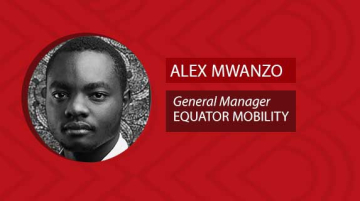
NOTE: this interview with Alex Meyers was recorded just prior to his departure from the Donkey Sanctuary.
Persistent Chinese demand for donkey hides is now pushing the animal’s population in many countries, including a number in Africa, to the brink of collapse according to a new report by the Donkey Sanctuary.
The skins are used to make gelatin that used in a Chinese medicine known as ejiao. But given the popularity of ejiao and the enormous demand in a market as large as China’s, there simply aren’t enough donkeys available to supply the ejiao’s production requirements.
With the market unable to legitimately supply the 4.8 million hides needed annually to make ejiao, poachers have stepped in to steal donkeys and kill them for their skins. And in most cases, those poachers are taking donkeys from vulnerable subsistence farmers who depend on these animals for their survival.
The bottom line is that this a serious crisis that is worsening, in Africa and throughout the developing world.
Alex Mayers is the former Head of Programmes at the Donkey Sanctuary and one of the co-authors of the organization’s latest “Under the Skin” report. He joins Eric & Cobus to discuss the report’s findings and why this problem is proving to be so intractable.
Show Notes:
- The Donkey Sanctuary: Under The Skin — Update on the global crisis for donkeys and the people who depend on them.
- NPR: Donkeys Are Dying Because China Wants Their Hides For A Traditional Remedy by Amy Yee
- Reuters: Vigilantes join forces to stop Kenyan families losing donkeys to China by Nita Bhalla
About Alex Mayers:

Alex Mayers is the former Head of Programs at the Donkey Sanctuary in London and now the Managing Director at Tumaini Limited. The Donkey Sanctuary works in approx 40 countries around the world to protect the welfare of donkeys and ensure their contribution to humanity is fully valued. As part of this vision, we are campaigning to halt the trade in donkey skins until it can be shown to be humane, sustainable and safe; we are highly concerned about the demonstrable animal welfare, human livelihood and environmental concerns associated with this trade. We also partner with major development actors to embed donkey welfare into development and humanitarian programming.








